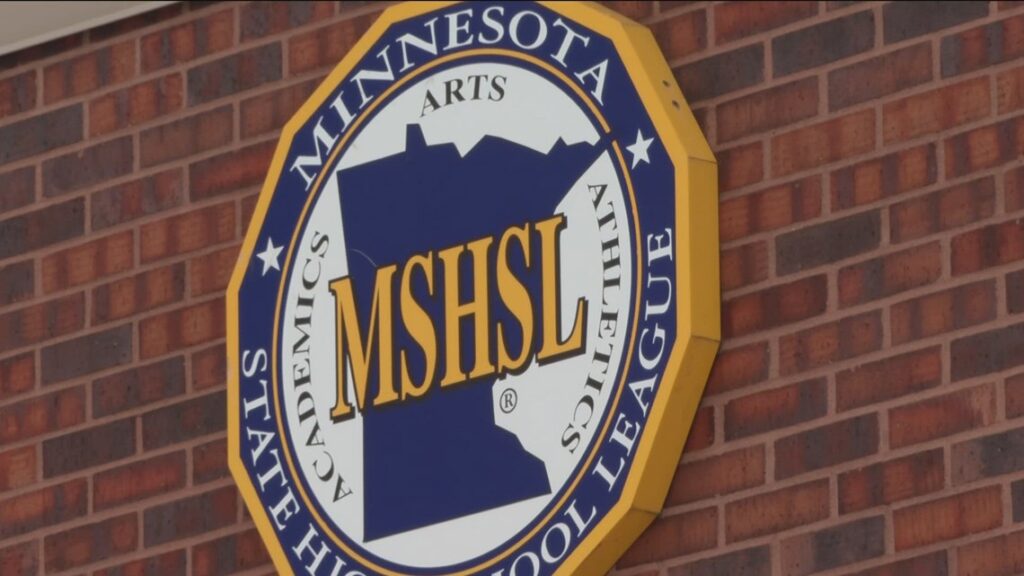
MINNEAPOLIS — A legal battle is brewing as Minnesota Attorney General Keith Ellison challenges the federal restrictions on transgender athletes, asserting that President Trump’s executive order violates Minnesota’s human rights law.
Immediate Impact
In December 2014, the Minnesota State High School League (MSHSL) approved a policy allowing transgender athletes to participate in sports teams that align with their gender identity. This policy, although debated, has been in place for over a decade across Minnesota’s public schools.
The recent executive order from President Trump, titled “Keeping Men Out of Women’s Sports,” argues that transgender participation violates Title IX, a 1972 federal law prohibiting sex-based discrimination. The order threatens to rescind federal funds from educational programs that allow transgender athletes in women’s sports.
Key Details Emerge
Despite the executive order, the MSHSL has opted to maintain its 2014 policy during a 60-day review period while seeking legal guidance. Attorney General Ellison’s opinion states that the executive order lacks the force of law as it was not passed by Congress and does not preempt Minnesota law.
“Complying with the Executive Order and prohibiting students from participation in extracurricular activities consistent with their gender identity would violate the Minnesota Human Rights Act,” Ellison wrote.
Industry Response
The MSHSL sent Ellison’s legal guidance to its 624 member schools, though the next steps remain unclear. While the MSHSL itself does not receive federal funding, the schools do, and similar threats to withdraw funding have been made against other states.
Expert Analysis
David Schultz, a political science professor at Hamline University and a law professor at the University of St. Thomas, anticipates a legal standoff between Minnesota and the Trump administration. “The state of Minnesota will likely argue that its protection of transgender athletes is permissible under state law,” Schultz explained, while the federal government holds an opposing view.
“Generally the rule is, the federal wins — that’s the whole concept of supremacy. However, it gets a little more complicated here,” Schultz said.
Background Context
The U.S. Department of Education is investigating both Minnesota and California over their policies on gender identity and athletics, asserting that state laws do not override federal antidiscrimination laws. This investigation highlights the differing interpretations of Title IX between the Trump and Biden administrations, with the latter including gender identity in its protections.
What Comes Next
The legal clash may ultimately reach federal courts, potentially even the U.S. Supreme Court. Although the court currently has a conservative majority, past rulings, such as the 2020 Bostock case, have seen conservative justices like Chief Justice John Roberts and Justice Neil Gorsuch support transgender protections.
In the Bostock case, Gorsuch wrote, “An employer who fires an individual for being homosexual or transgender fires that person for traits or actions it would not have questioned in members of a different sex.”
Until the legal proceedings conclude, Minnesota school districts remain caught between federal directives and state-level guidance from the Attorney General’s office.






